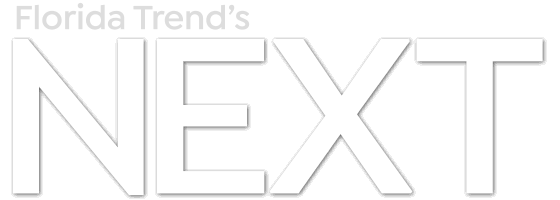Challenge Accepted!
Most Florida high schools offer several course designations, so that you can sign up for classes that meet you where you are and challenge you to grow. Which is right for you?
Regular classes ensure that students are on track to graduate with their class by acquiring the skills and content slated for their current grade level. The majority of students are enrolled in regular classes, although they might take Honors, AP, or Dual Enrollment classes in selected areas of interest or achievement. If there isn’t a special notation in the course catalog next to the name of the class, it’s regular level.
Honors classes typically cover the same curriculum as a regular-level course but at an accelerated pace or with additional depth. Students in these classes might apply concepts to new situations, do more project-oriented work, or be held to higher standards. In most cases, students need recommendations and high grades to be accepted into Honors classes. In most Florida school districts, Honors classes are weighted 0.5 quality points higher than regular classes.
Advanced Placement courses are developed and overseen by the College Board, a for-profit organization that also runs the SAT. The workload is often heavy in these classes, and their primary purpose is to prepare students to pass the AP exams. Students who pass may earn college credit, depending on their scores and their chosen college or university. Most districts weigh AP classes a full point higher than regular classes.
Dual Enrollment classes are actual college classes, usually held on campus at a local community college. Students who successfully complete these courses earn college credit, and it is possible to graduate with a diploma and an associate’s degree. To enroll, students must have at least a 3.0 GPA and pass the PERT exam. Tuition is paid by the school board. By law, DE courses must carry the same weight as an AP course — usually 1.0 point higher than grade-level courses.


